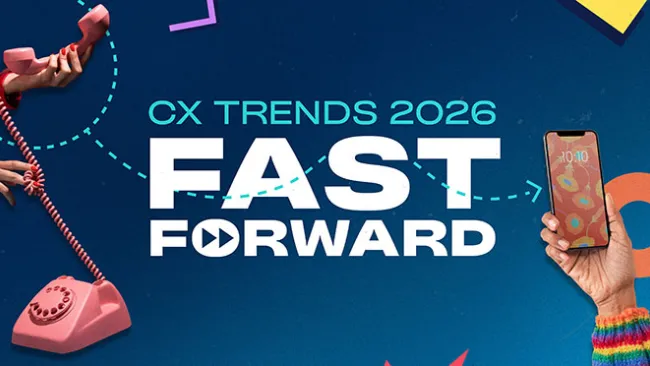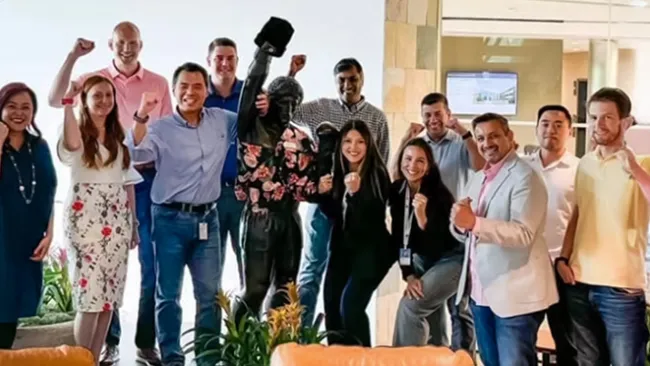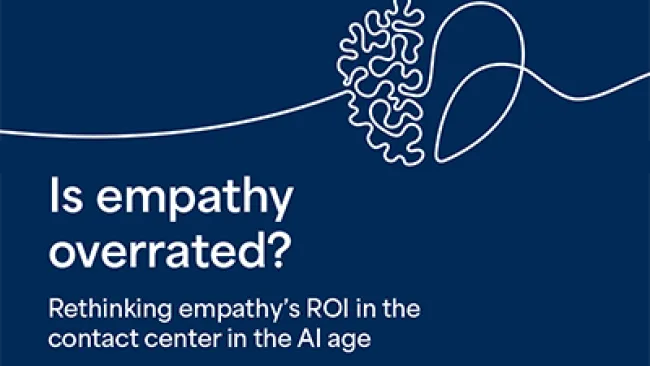Millennials, people born between 1980 and 2000, have become the largest generation, now numbering 83.1 million and representing more than one-quarter of the nation’s population, according to the U.S. Census Bureau.
This techno-generation has many strong attributes that make hiring them an attractive proposition for companies, and they’ll play a large role in shaping the future of business and redefining the modern workplace. Conversely, many possess characteristics that don’t
fit into traditional workplace environments, which will require organizations to rethink and restructure age-old processes.
As a generation, millennials are defined by a number of traits that can be both opportunities and challenges to a business. Most young adults value well-being and growth over personal income, are highly tech-savvy, enjoy experiential rewards, and are socially conscious. In the workplace, they value strong leadership and prefer to be part of a team, though some have trouble with interpersonal relationships. They want to be online, and are looking for immediate and constant feedback, fast growth, and have short attention spans. And they won’t hesitate to quit if their needs aren’t met.
What can businesses do to cultivate an environment tailored to this new generation of workers? We suggest five steps to help develop a millennial-friendly culture.
1. Create a sense of purpose in their work. Millennials want fulfillment—both at home and at work…and they want it fast. If they don’t feel a sense of purpose, they’re off to the next job and company.
2. Manage employees in a way that maximizes their passions and goals. Employee training, recognition, and development programs that nurture their growth and are delivered through technology and gamification will have a greater appeal to this generation and will maximize proficiencies.
3. Create a nurturing, environment that encourages growth and shares their values. The majority of millennials are not engaged, which is a big miss for organizations. Help them maintain a work-life balance and create a multidimensional approach to growth that values and rewards metrics like customer experience and other human elements.
4. Collaborate both inside and outside the workplace. Millennials want a collaborative relationship with their leaders and peers, and they want mentors who help them grow on a regular basis. Smart managers will devote a significant portion of their time to team-building and encouraging socializing, as well as embrace social media to communicate.
5. Invest in skills development with immediate impact. Millennials will work hard when companies seriously invest in their skills development. They want an opportunity to learn and on-the-ground experience that will reap rewards today.
Want to learn more about how to bring these concepts to life? Read our eBook, “Who’s Got Millennial Fatigue,” for more stats and tips about working with young adults.
Like this post? Subscribe to our customer experience blog.
Also, check out the most recent issue of our monthly customer experience eNewsletter, Dialogue.
Millennials Want a Different Way to Work














